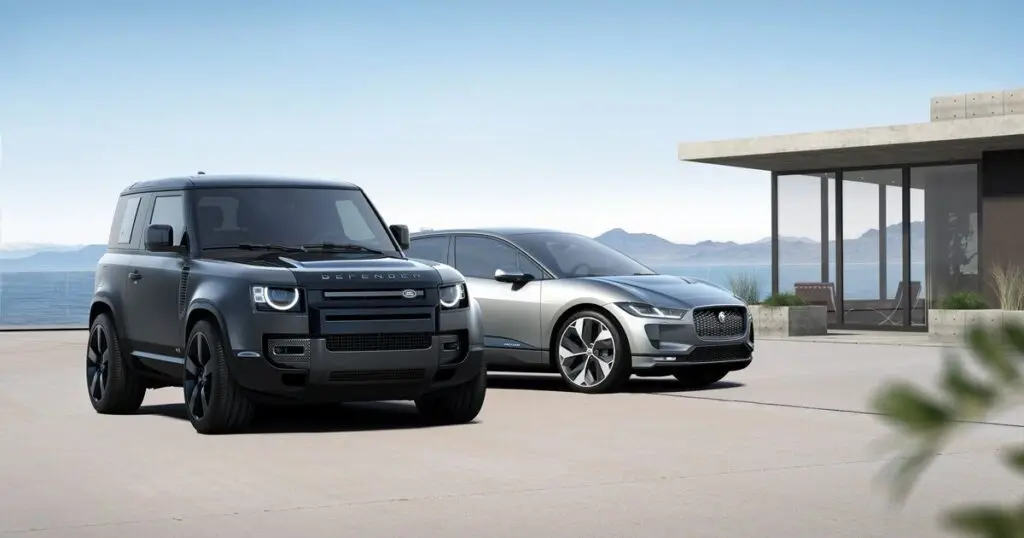A significant partnership has been announced as Jaguar Land Rover collaborates with a Devon-based technology firm to develop a revolutionary electric battery recycling initiative.
This endeavour promises to not only enhance the sustainability of electric vehicles (EVs) but also bolster the United Kingdom’s battery manufacturing capabilities.
Project Overview
In an ambitious move to advance clean energy solutions, Jaguar Land Rover (JLR) is working with Altilium, a technology firm based in Devon. Under this scheme, Altilium will recycle old EV batteries, extracting valuable materials like lithium and nickel at its pilot facility in Tavistock.
These recycled materials will subsequently be used to create new battery cells at the UK Battery Industrialisation Centre (UKBIC). This facility is dedicated to scaling up battery manufacturing within the United Kingdom. JLR will undertake comprehensive validation studies on these batteries to ensure they meet industry standards, as stated by Altilium.
Environmental Impact
Dr Christian Marston, the Chief Operating Officer at Altilium, expressed immense pride in spearheading this pioneering project with JLR. He highlighted that this collaboration marks a critical step towards establishing a circular economy for battery materials in the UK.
He emphasised that by demonstrating that EV battery cells produced from recovered materials can adhere to the stringent standards of the automotive industry, the project significantly reduces the environmental impact of battery production.
Moreover, this initiative aligns with the UK’s broader objectives to create a more sustainable and resilient EV supply chain, supporting automotive manufacturers in meeting regulatory and sustainability goals.
Funding and Support
In May, Altilium secured substantial financial support from the government, receiving £639,797 from Innovate UK’s Faraday Battery Challenge.
This grant is part of a larger scheme designed to invest in research, innovation projects, and facilities to spur the growth of battery-related businesses in the UK.
Industry Collaboration
The collaboration extends beyond Jaguar Land Rover. Altilium is also working with other automakers, including Nissan, to advance EV battery recycling technology.
One such initiative involves a £30 million project to establish a new EV battery recycling plant in Teeside, supported by the Advanced Propulsion Centre (APC) with a £15 million grant.
Sean Gilgunn, managing director of UKBIC, expressed his enthusiasm for being part of this innovative project, which aims to drive the industry towards a cleaner future.
Strategic Importance
This project is not only a significant milestone for Altilium but also a strategic development for the UK’s battery recycling industry.
By reducing the dependency on raw materials and focusing on recycling, the UK can enhance its energy security and reduce its carbon footprint.
Furthermore, the success of such projects can stimulate further investments in the UK’s battery manufacturing sector, making it a global leader in sustainable technologies.
Future Prospects
As the automotive industry continues to pivot towards electric vehicles, the need for sustainable battery solutions becomes increasingly critical.
Projects like the one undertaken by JLR and Altilium are essential for paving the way towards a greener and more sustainable future. By proving the viability of recycled battery materials in high-performance applications, they set a precedent for the industry.
This collaborative effort highlights the potential for the UK to lead in both technological innovation and environmental stewardship.
This collaboration between Jaguar Land Rover and Altilium represents a vital step in revolutionising the electric battery recycling landscape. Through innovative practices and strategic partnerships, this project promises to significantly contribute to the sustainability and resilience of the UK’s automotive supply chain.
The pioneering efforts of Altilium, supported by substantial government funding, demonstrate a strong commitment to reducing environmental impacts and achieving regulatory goals, ultimately fostering a more sustainable future for the EV industry.


